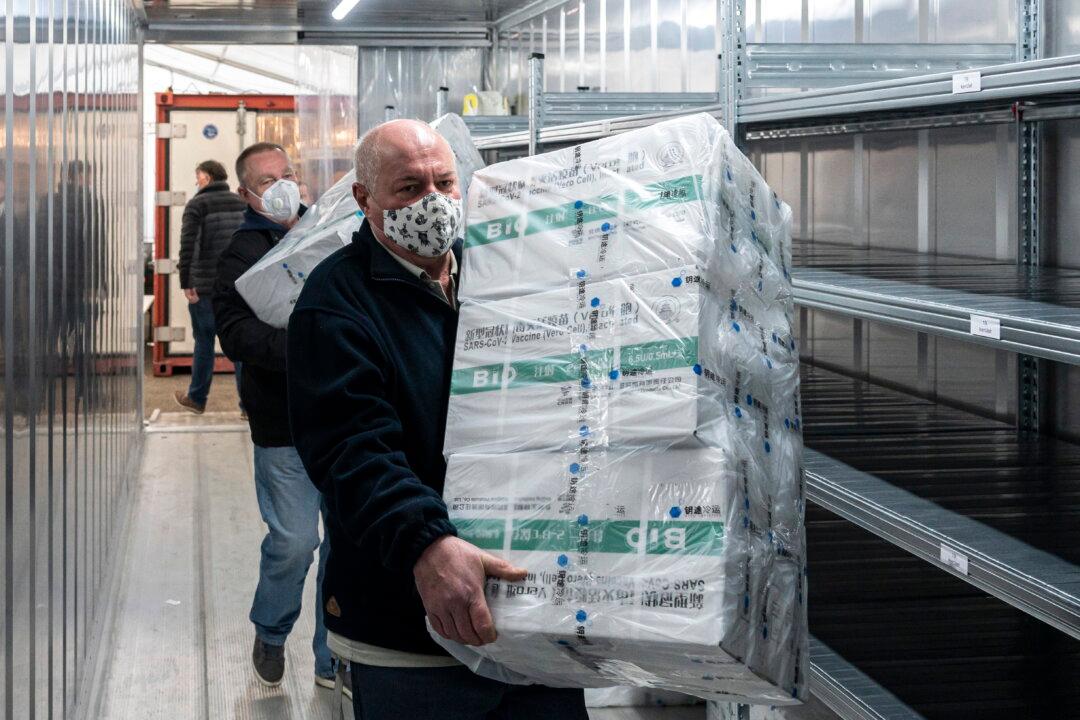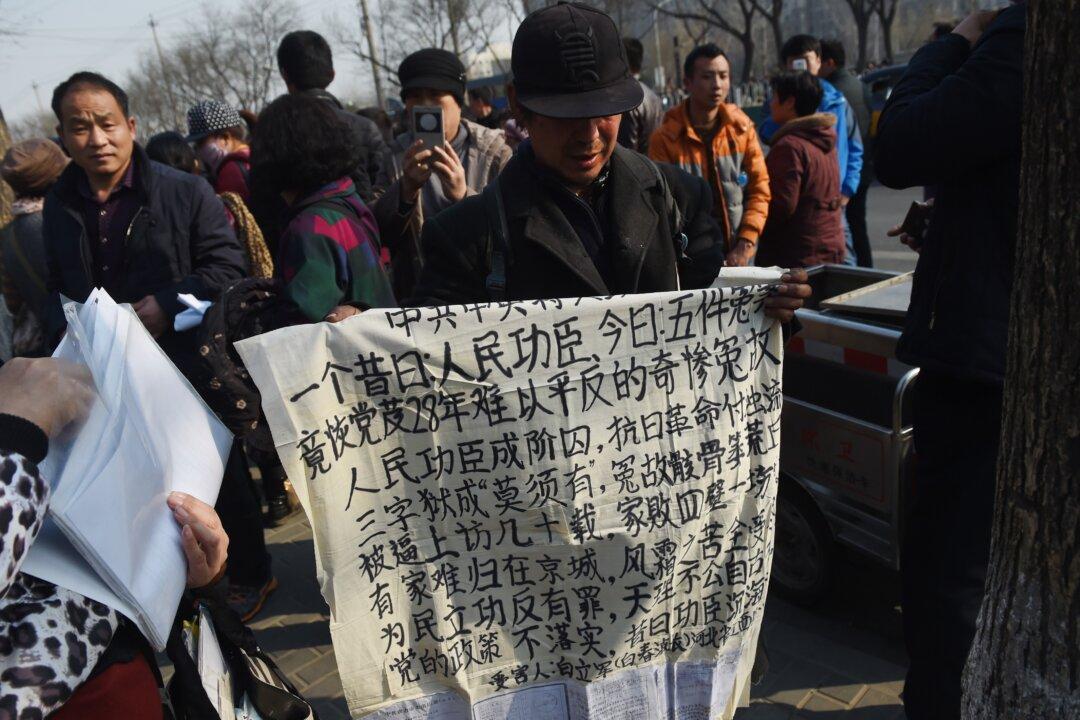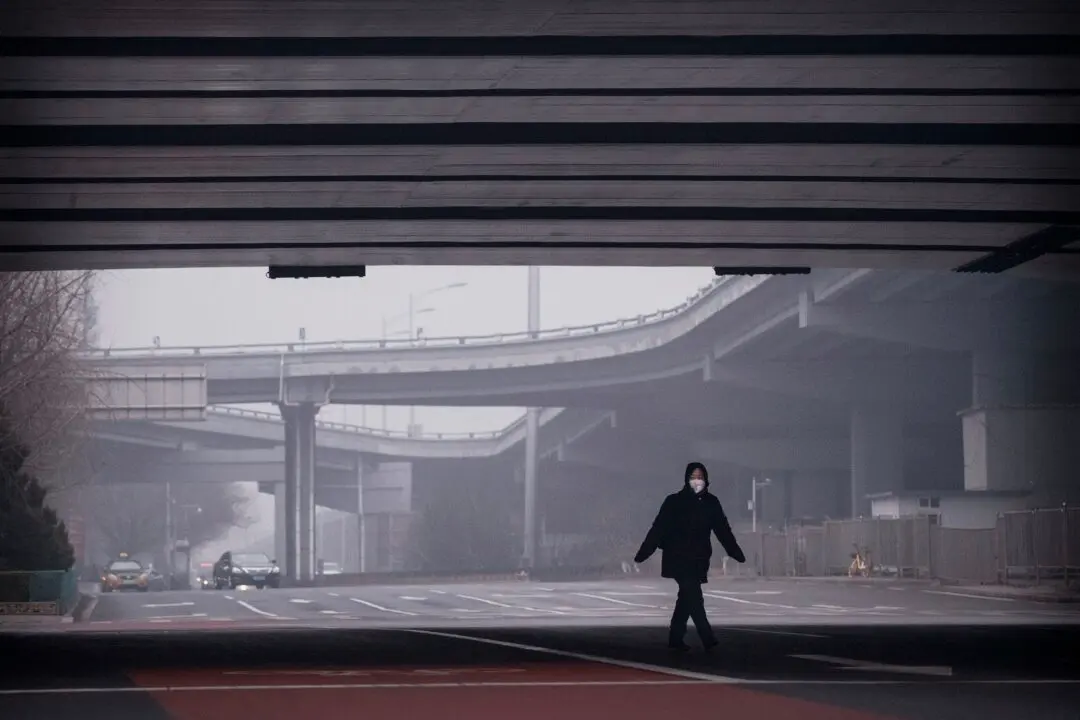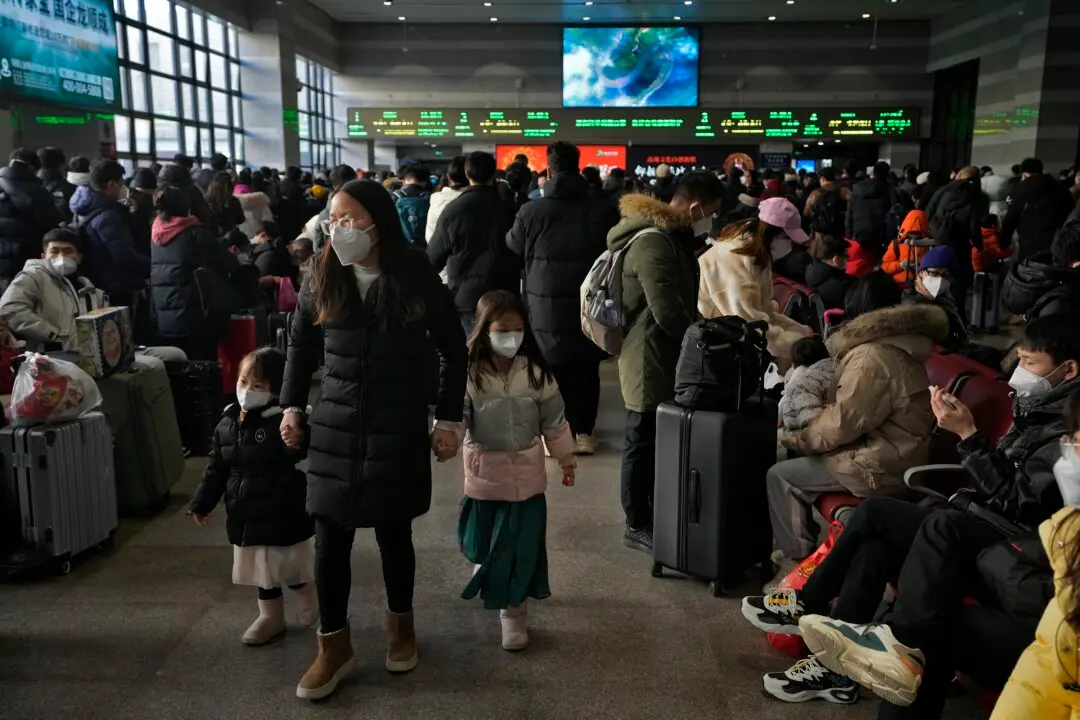The export of Chinese-made COVID-19 vaccines has dropped significantly this year due to its low effectiveness, especially against new mutations of the virus, hampering the Chinese communist regime’s campaign of “vaccine diplomacy.”
At the end of 2020, when the world urgently needed COVID-19 vaccines, China launched its vaccine diplomacy by providing a large number of Chinese vaccines to low- and middle-income countries in Asia, Latin America, Africa and Eastern Europe.




